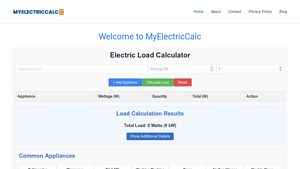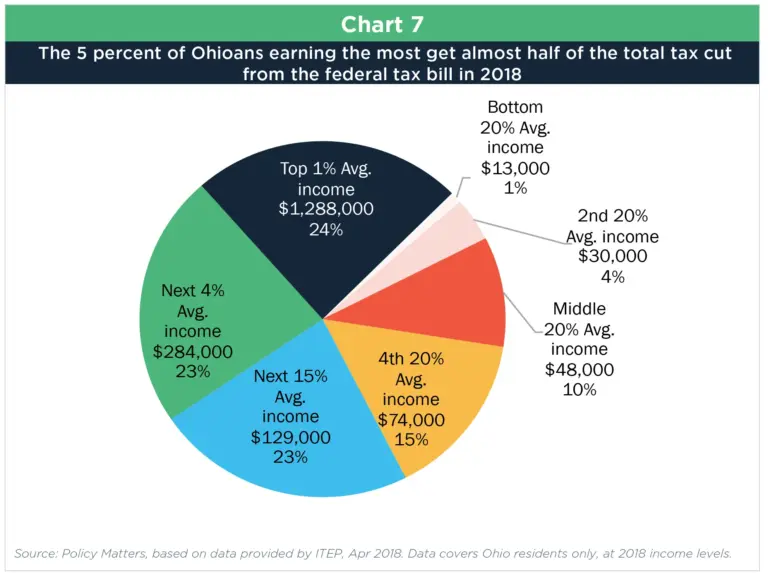The 5 Best Electrical Load Calculators of 2025 (Reviewed)
Finding the Best Electrical Load Calculator: An Introduction
When it comes to managing electrical systems, accurately calculating electrical loads is crucial for safety and efficiency. However, finding a reliable electrical load calculator can be a daunting task. With numerous options available online, users may struggle to identify tools that are not only accurate but also user-friendly and comprehensive. The stakes are high; an incorrect load calculation can lead to overloaded circuits, fire hazards, and costly repairs.
This article aims to simplify your search by reviewing and ranking the top electrical load calculators available online. Our goal is to save you time and effort by providing a clear overview of the best tools that can help you make informed decisions about your electrical needs. Whether you’re a homeowner planning a renovation, a contractor working on a project, or an electrician seeking reliable resources, our guide will help you find the right tool for your specific requirements.
Criteria for Ranking
To ensure our recommendations are both useful and trustworthy, we evaluated each calculator based on several key criteria:
-
Accuracy: The primary function of any load calculator is to provide precise calculations based on the inputs provided. We assessed how well each tool adheres to standard electrical codes and practices.
-
Ease of Use: A user-friendly interface can make a significant difference, especially for those who may not have extensive electrical knowledge. We looked at how intuitive each calculator is and whether it provides clear instructions.
-
Features: Additional features, such as the ability to save calculations, generate reports, or access advanced settings, were also considered. These enhancements can greatly improve the overall user experience.
By focusing on these criteria, we aim to guide you towards the most effective electrical load calculators that meet your needs.
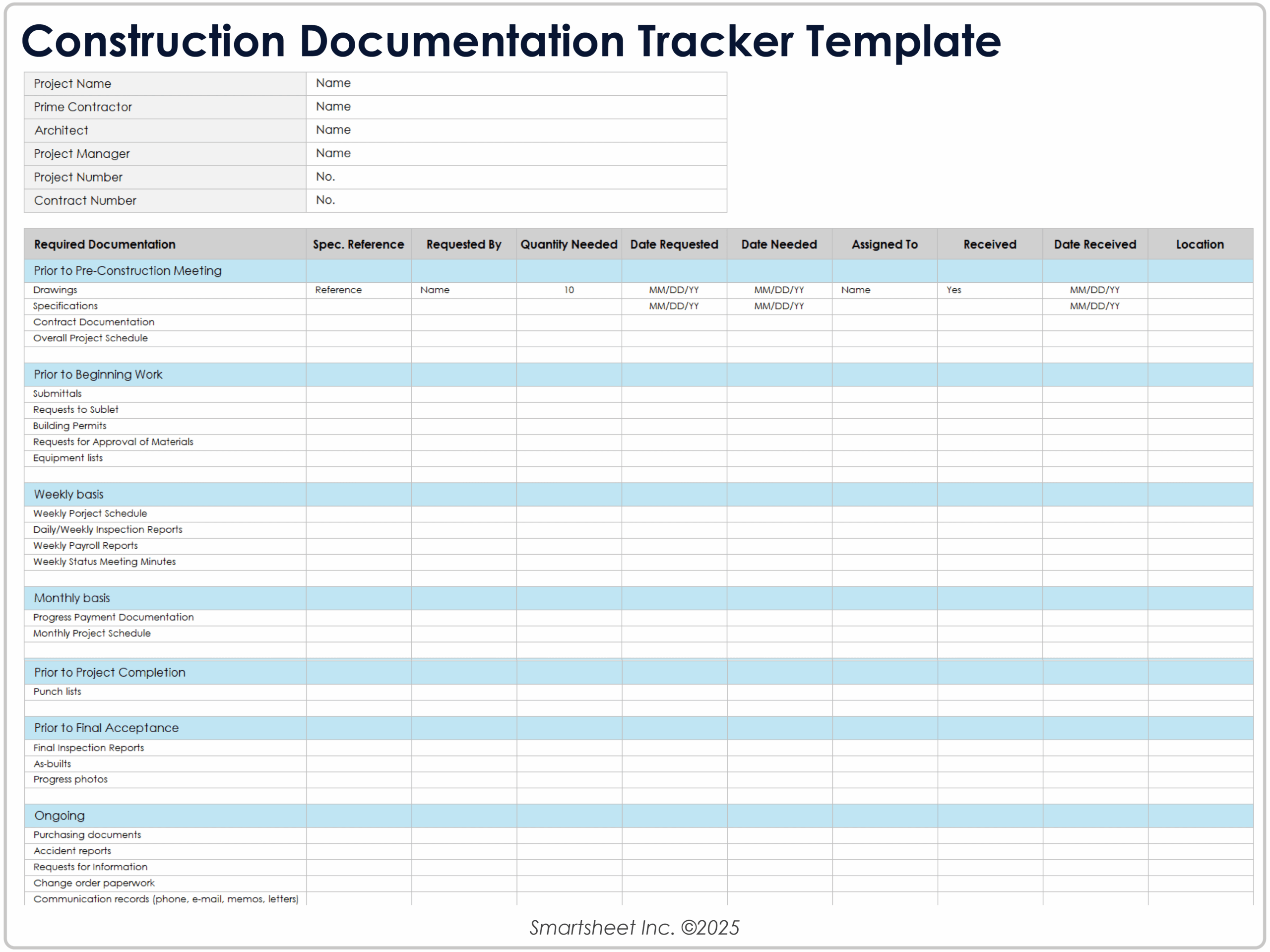
Our Criteria: How We Selected the Top Tools
When evaluating the best online electrical load calculators, we carefully considered several key criteria to ensure that our selections meet the diverse needs of users, from homeowners to professionals. Here’s a breakdown of the factors we prioritized:
1. Accuracy and Reliability
- Compliance with Standards: The calculators must align with recognized standards, such as the National Electrical Code (NEC). This ensures that the calculations are not only accurate but also compliant with legal requirements.
- Real-World Testing: We looked for tools that have been tested in real-world scenarios, providing results that electricians and contractors can trust.
2. Ease of Use
- User-Friendly Interface: A clear, intuitive layout is essential for users of all experience levels. We favored tools that minimize complexity and guide users through the process.
- Accessibility: The calculators should be easily accessible on both desktop and mobile devices, allowing users to perform calculations anytime and anywhere.
3. Key Features
- Customizable Inputs: Good calculators allow users to input various parameters, such as:
- Total square footage of the dwelling.
- Types and quantities of electrical appliances (e.g., HVAC systems, kitchen appliances).
- Specific circuit requirements (e.g., small appliance circuits, laundry circuits).
- Detailed Output: The calculators should provide comprehensive results, including total calculated load in volt-amperes (VA) and recommended service sizes. Some tools also offer breakdowns of specific loads, helping users understand their electrical needs better.
4. Cost (Free vs. Paid)
- Availability of Free Tools: We assessed the accessibility of free calculators that provide essential functionalities without hidden fees or subscriptions.
- Value of Paid Features: For tools that offer premium versions, we evaluated whether the additional features justify the cost. This includes advanced functionalities, saving calculations, and customer support.
5. Customer Support and Resources
- Help and Documentation: Effective calculators often come with robust support, including FAQs, guides, and customer service options. We prioritized tools that provide educational resources to help users understand how to perform electrical load calculations accurately.
- Community Feedback: User reviews and testimonials can offer insights into the reliability and user experience of the calculators, helping us gauge overall satisfaction.
6. Reputation and Credibility
- Established Providers: We favored calculators from reputable sources in the electrical industry, ensuring that users can trust the tool’s credibility and the data it provides.
- Expert Recommendations: Tools recommended by professionals or backed by industry standards are more likely to deliver reliable results.
By using these criteria, we compiled a list of the top electrical load calculators that stand out for their performance, usability, and value. Whether you are a homeowner looking to understand your electrical needs or a contractor performing load calculations for projects, these tools are designed to assist you effectively.
The Best Electrical Load Calculators of 2025
1. Free Residential Electrical Load Calculator
Kopperfield’s Free Residential Electrical Load Calculator is a valuable tool designed to streamline the residential inspection process. By allowing users to calculate electrical loads efficiently, it helps professionals expedite their inspections and enhance customer satisfaction. The calculator also enables users to generate a concise one-page PDF report, making it easier to present findings and close deals promptly. Overall, it serves as an essential resource for electricians and inspectors aiming for efficiency and clarity in their work.
- Website: kopperfield.com
- Established: Approx. 4 years (domain registered in 2021)
2. Electrical Load Calculator
The Electrical Load Calculator offered by Palmerelectric.com is an online and interactive tool designed to assist homeowners in accurately calculating the load requirements for their main service panel. This user-friendly calculator simplifies the process of determining electrical needs, ensuring safe and efficient power distribution in residential settings. By providing precise calculations, it helps users make informed decisions about their electrical systems.
- Website: palmerelectric.com
- Established: Approx. 26 years (domain registered in 1999)
3. 9 of The Best Calculators for Electricians [Online, Apps, Physical]
This article presents a carefully curated list of the nine best calculators for electricians, encompassing online tools, mobile apps, and physical devices. Drawing on insights from experienced electrical technicians, it highlights each calculator’s main purpose and key features, ensuring that professionals can find the most effective tools for tasks such as voltage calculations, load estimations, and code compliance. This resource aims to enhance efficiency and accuracy in electrical work.
- Website: servicetitan.com
- Established: Approx. 14 years (domain registered in 2011)
4. What is the proper Load Calculation Worksheet for your electrician …
The Load Calculation Worksheet is a crucial tool for electricians, designed to accurately assess electrical loads in various settings. The primary feature highlighted is its adherence to Article 220, which is particularly suited for industrial applications, such as factories. However, it has limitations in managing demand factors for residential properties, suggesting that users should seek alternative worksheets tailored specifically for dwellings to ensure precise calculations.
- Website: reddit.com
- Established: Approx. 20 years (domain registered in 2005)
5. Free Electric Load Calculator Tool
The Free Electric Load Calculator Tool from MyElectricCalc is designed to help users estimate the total power usage of their homes or solar systems efficiently. This online tool boasts a user-friendly interface, ensuring fast and accurate calculations, making it an essential resource for homeowners looking to manage their energy consumption or assess their solar energy needs.
- Website: myelectriccalc.com
- Established: Approx. 0 years (domain registered in 2025)
How to Get the Most Accurate Results
Double-Check Your Inputs
One of the most crucial steps in achieving accurate results with an electrical load calculator is to ensure that all your inputs are correct. Before you hit the calculate button, take a moment to review each entry. Make sure that the wattage and amperage values for your appliances and devices are accurate. These figures can usually be found on the device’s label or in the user manual. Additionally, confirm that the number of circuits and the square footage of your property are correctly entered. Mistakes in any of these fields can lead to significant miscalculations that could affect your electrical planning.
Understand the Underlying Assumptions
Different calculators may operate based on varying assumptions or methodologies. Familiarize yourself with the specific calculator’s guidelines, as many tools incorporate standards from the National Electrical Code (NEC) or other regulatory bodies. Understanding these assumptions will help you interpret the results more effectively and ensure that they align with your local regulations. For instance, some calculators might assume a certain percentage of load diversity, which may not be applicable to your situation. Knowing this can help you adjust your inputs accordingly.
Use Multiple Tools for Comparison
To enhance the reliability of your results, consider using more than one electrical load calculator. Each tool may employ different algorithms or assumptions, which can result in varying outputs. By comparing results from multiple calculators, you can identify any discrepancies and gain a more comprehensive understanding of your electrical needs. This practice not only helps in validating your calculations but also offers insights into how different configurations or inputs can affect the overall load.
Consult with a Professional
While online calculators provide a convenient way to estimate electrical loads, they should not replace professional guidance. If you’re planning significant electrical work, consulting with a licensed electrician is advisable. They can help you interpret the calculator’s results and provide tailored advice based on your specific situation. A professional can also ensure that your calculations comply with local codes and regulations, which is critical for both safety and legality.
Keep Local Codes in Mind
Lastly, remember that electrical codes can vary by location. Always check your local regulations to ensure that your calculations meet the necessary requirements. Some calculators might not account for specific local codes or amendments to the NEC, which could affect your load calculations. Being aware of these regulations will help you make informed decisions and maintain compliance throughout your electrical project.
By following these guidelines, you can maximize the accuracy and effectiveness of your electrical load calculations, ensuring a safer and more efficient electrical setup for your home or business.
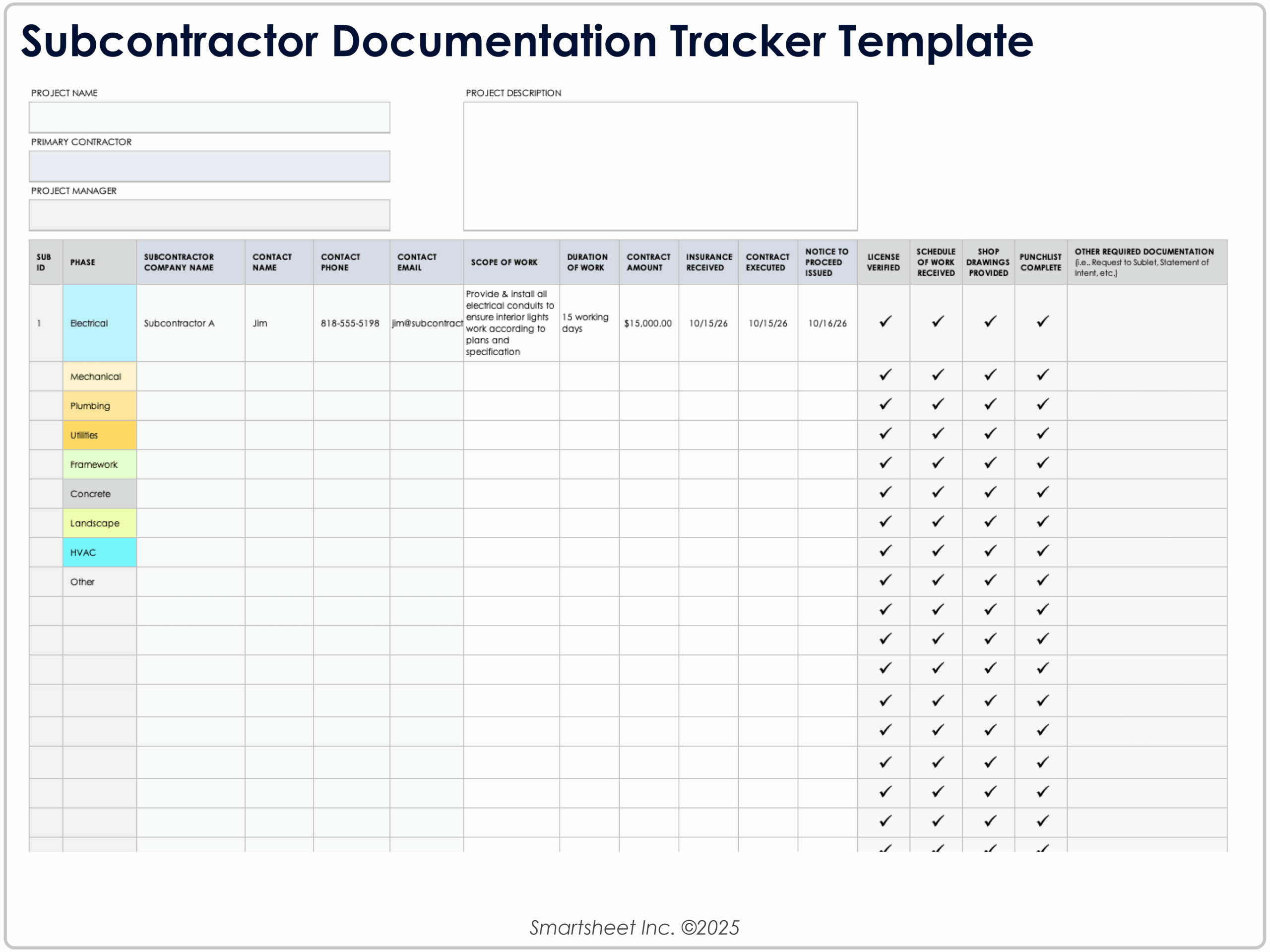
Frequently Asked Questions (FAQs)
1. What is an electrical load calculator?
An electrical load calculator is an online tool designed to help users determine the total electrical load requirements for a residential or commercial building. It calculates the amount of electrical power (measured in volt-amperes, or VA) that is necessary to safely and efficiently operate all electrical devices and systems within a property. This is crucial for ensuring that the electrical system can handle the load without overloading, which could lead to circuit failures or fire hazards.
2. How do I use an electrical load calculator?
Using an electrical load calculator typically involves entering specific details about the electrical appliances and systems in your home or building. You may need to provide information such as the total square footage of the property, the number and type of appliances, their wattage, and whether the property is existing or newly constructed. After inputting this data, the calculator will compute the total electrical load and may also suggest the appropriate size of the electrical service required for the property.
3. Why is it important to calculate electrical load?
Calculating electrical load is essential for several reasons. Firstly, it helps ensure that your electrical system is adequately sized to handle all connected devices, preventing overloads that can cause circuit breakers to trip or even lead to electrical fires. Secondly, an accurate load calculation can guide homeowners and electricians in selecting the right components, such as circuit breakers, wiring, and transformers, which can save money and improve system efficiency. Lastly, it is often a requirement for compliance with local electrical codes and regulations.
4. Can I use an electrical load calculator for commercial properties?
Yes, many electrical load calculators are designed to accommodate both residential and commercial properties. However, the parameters and inputs may vary significantly between the two. Commercial load calculations might require additional considerations, such as peak demand, diversity factors, and specific equipment types used in businesses. Make sure to select a calculator that offers options for commercial load calculations if you are working with a business or industrial facility.
5. Are electrical load calculators accurate?
While electrical load calculators can provide a good estimate of your load requirements, their accuracy largely depends on the precision of the information you provide. It’s crucial to enter correct wattage values and other specifications for each appliance. Additionally, calculators may use different methods or standards for calculations, so results can vary between tools. For critical applications, it’s advisable to consult with a qualified electrician to validate the calculations and ensure compliance with local codes and safety standards.
Important Disclaimer
⚠️ Important Disclaimer
The information and reviews in this guide are for educational purposes only and are based on publicly available information. We are not affiliated with any of the tools mentioned. Features and pricing may change. Always conduct your own research before choosing a tool for your needs.
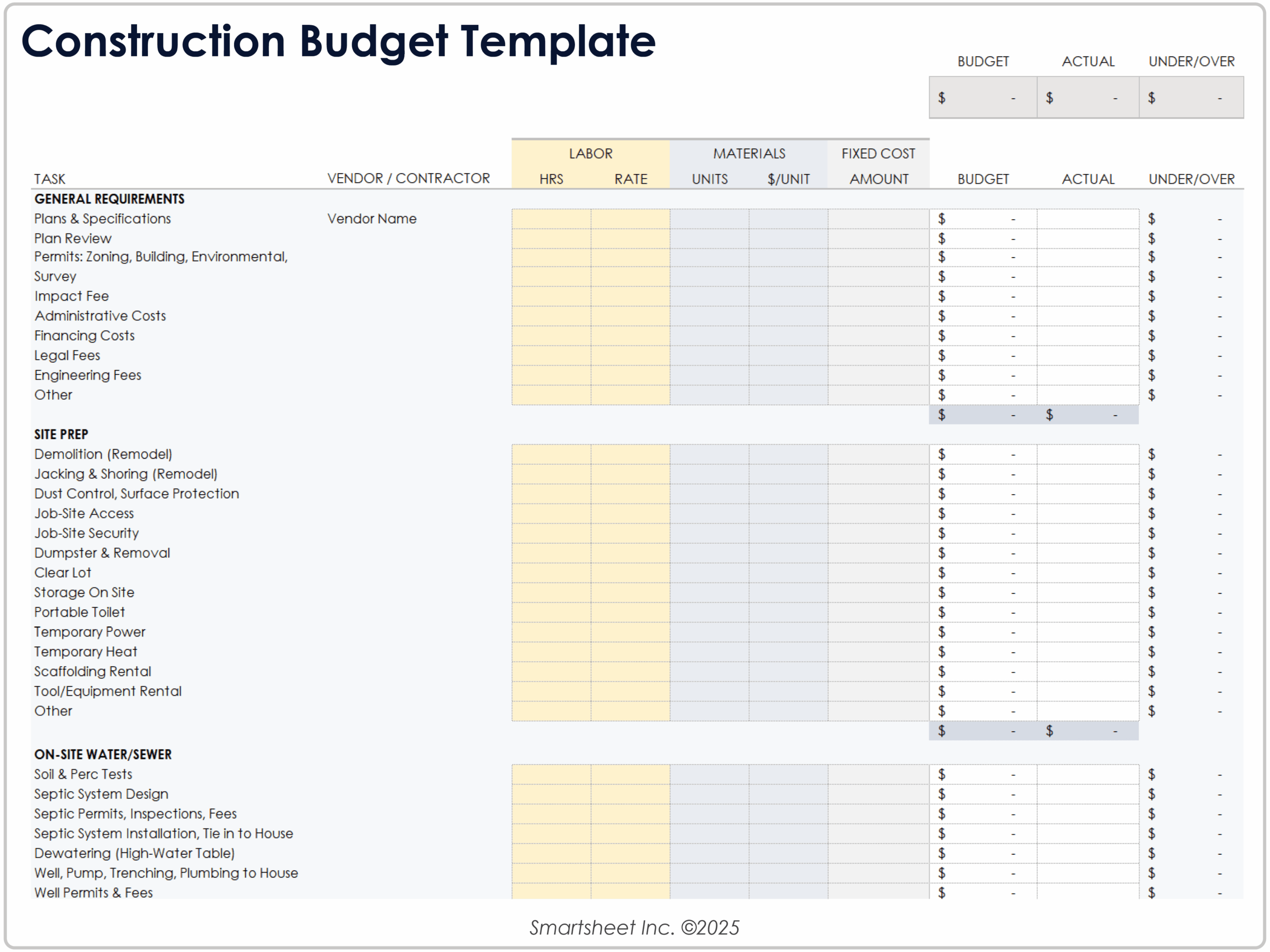
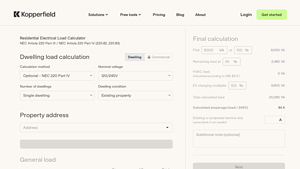

![Screenshot of 9 of The Best Calculators for Electricians [Online, Apps, Physical]](https://www.cify.info/wp-content/uploads/2025/09/servicetitan-com-screenshot-7635.jpg)

